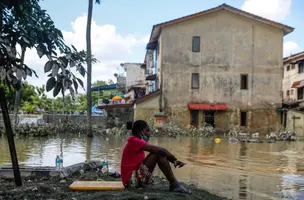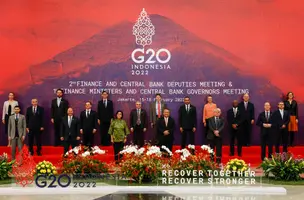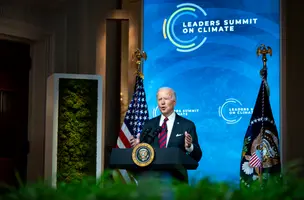
Home
Publications
Publications
Showing 0 to 0 of 0 results

Statements
2022-08-04T03:31:46
Parliamentarians and civil society demand political unity to tackle the impact of the climate emergency in Malaysia

Reports
2022-06-09T03:34:29
Anggota parlemen Asia Tenggara meminta Indonesia untuk memberikan suara kepada Global South di G20

Reports
2022-06-09T03:17:13
Southeast Asian MPs call Indonesia to give a voice to the Global South at the G20

Statements
2021-04-22T14:59:28
MPs welcome United States’ and fellow countries’ new climate change targets, but more efforts needed
TOP
ASEAN Parliamentarians for Human Rights (APHR) was founded in June 2013 with the objective of promoting democracy and human rights across Southeast Asia. Our founding members include many of the region's most progressive Members of Parliament (MPs), with a proven track record of human rights advocacy work.
Copyright © 2024-2025 All Rights Reserved - ASEAN Parliamentarians for Human Rights (APHR)
Website by Bordermedia